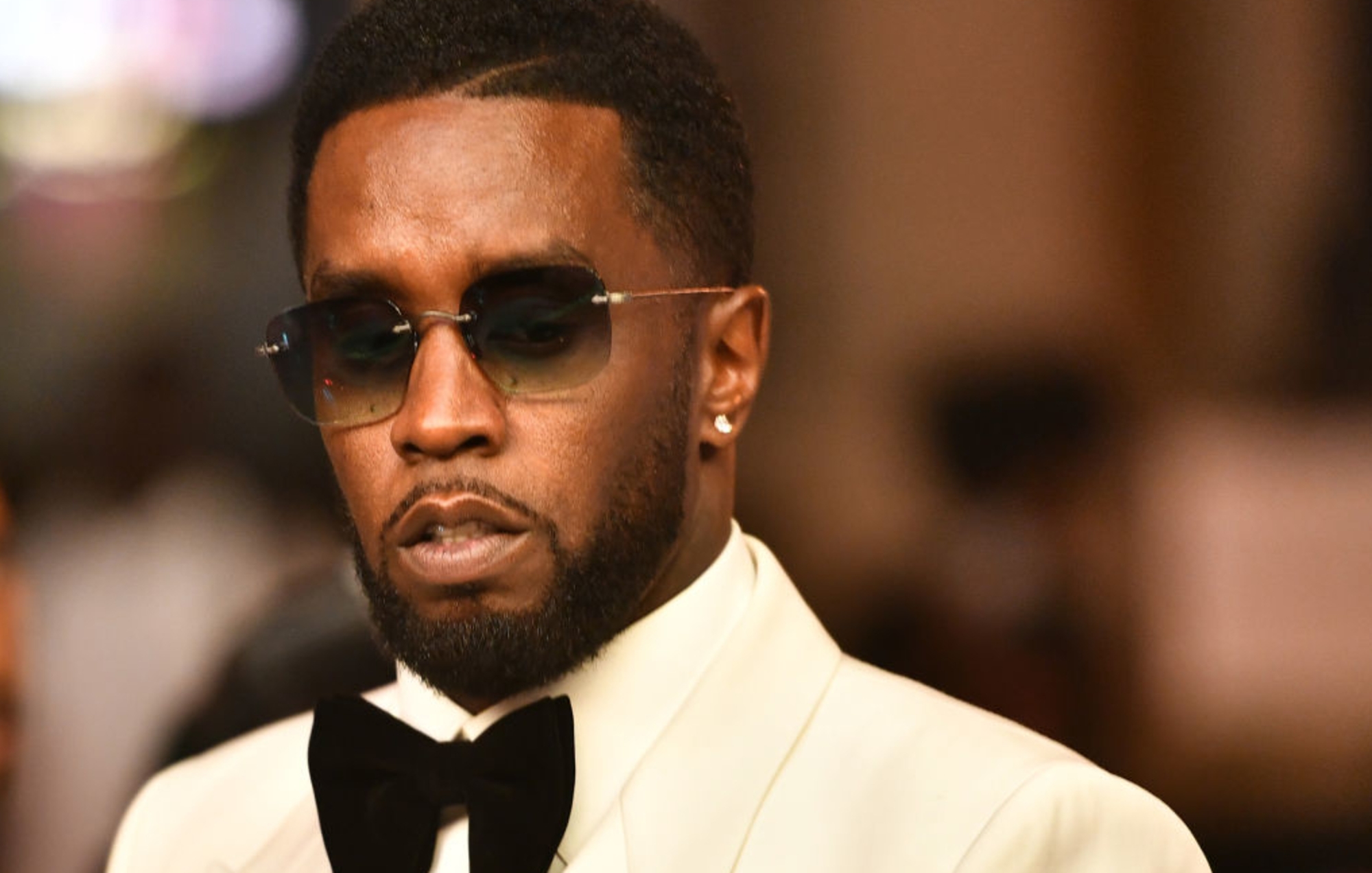Understanding The Rumors And Reality

The world of celebrity is rife with rumors, and one of the most persistent whispers surrounding Sean Combs, popularly known as Diddy, is related to his health, particularly concerning HIV. These rumors often stem from a combination of public curiosity, misinformation, and the general tendency to speculate about the personal lives of high-profile figures. Diddy, a music mogul and cultural icon, has found himself at the center of these discussions, prompting many to seek clarity on the subject.
As a prominent figure in the music industry, Diddy has been a part of the public eye for decades, and with this visibility comes scrutiny. The intersection of fame and health issues can be a challenging space to navigate, especially when it involves something as serious as HIV. This article aims to explore the facts surrounding Diddy and HIV, separating fact from fiction, and providing insight into the life and career of this multifaceted individual.
Understanding Diddy’s journey not only sheds light on his accomplishments and challenges but also highlights the importance of discussing health issues openly. As conversations about HIV and its stigma continue, it’s crucial to address these rumors with sensitivity and factual information, ensuring that the narrative surrounding Diddy is not defined by unfounded speculation.
Who is Diddy? A Brief Biography
Sean Combs, better known as Diddy, was born on November 4, 1969, in Harlem, New York City. He rose to prominence in the 1990s as a music producer and rapper, eventually establishing himself as a household name in the entertainment industry. Diddy founded Bad Boy Records and has worked with numerous artists, producing chart-topping hits that have left a lasting impact on hip-hop and pop music.
| Personal Details | Information |
|---|---|
| Date of Birth | November 4, 1969 |
| Birthplace | Harlem, New York City |
| Occupation | Rapper, Producer, Entrepreneur |
| Notable Works | “No Way Out”, “Forever”, “Press Play” |
| Awards | 3 Grammy Awards, 2 MTV Video Music Awards |
What Are the Origins of the Diddy HIV Rumors?
Rumors surrounding Diddy and HIV seem to have emerged from various sources, including tabloid reports and social media speculation. The lack of concrete information can often lead to unfounded assumptions, and in Diddy's case, this speculation intensified over the years. It is essential to consider the impact of such rumors on both the individual and public perception.
How Has Diddy Responded to Health Rumors?
While Diddy has not publicly addressed every rumor surrounding his health, he has spoken out about the importance of mental health and well-being. By focusing on these broader topics, he encourages fans and followers to prioritize their health and destigmatize conversations about illnesses, including HIV. This approach not only promotes awareness but also exemplifies how celebrities can use their platforms for positive change.
What is the Importance of Discussing HIV?
Discussing HIV openly is critical for several reasons:
- Education: Many people still lack accurate information about HIV, leading to misconceptions and stigma.
- Awareness: Increasing awareness can promote testing and early intervention, which are key in managing the virus.
- Support: Open conversations can provide support to those affected by HIV and encourage them to seek help.
Is There a Connection Between Diddy and HIV Advocacy?
While there are no direct connections between Diddy and HIV advocacy, his influence in the entertainment industry allows him to reach a vast audience. By promoting health awareness and engaging in conversations about personal well-being, he indirectly supports the fight against HIV stigma. Celebrities can play a crucial role in changing perceptions and encouraging dialogue about health issues.
What Can We Learn from Diddy’s Journey?
Diddy's journey through fame, success, and the challenges that come with it offers valuable lessons about resilience and the importance of health. His ability to navigate public scrutiny while maintaining a focus on personal growth is commendable. Additionally, the ongoing conversation about HIV highlights the need for compassion and understanding in the face of health-related rumors.
How Can We Combat Stigma Surrounding HIV?
Combating stigma requires a collective effort from individuals, communities, and public figures. Here are some actionable steps:
Conclusion: The Reality Behind Diddy and HIV
In conclusion, the rumors surrounding Diddy and HIV are largely unfounded and stem from a mix of speculation and misinformation. While Diddy has not publicly disclosed any health issues related to HIV, the importance of discussing such topics openly cannot be overstated. His influence as a cultural icon can help raise awareness and promote healthy conversations about HIV, ultimately contributing to the fight against stigma and misinformation.
ncG1vNJzZmivp6x7o77EnKKepJxjwqx71a6pmqRhZLGqsMOyZKGhpmO1tbnL
